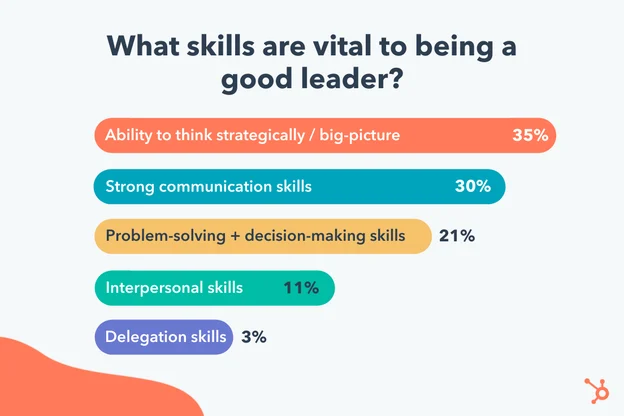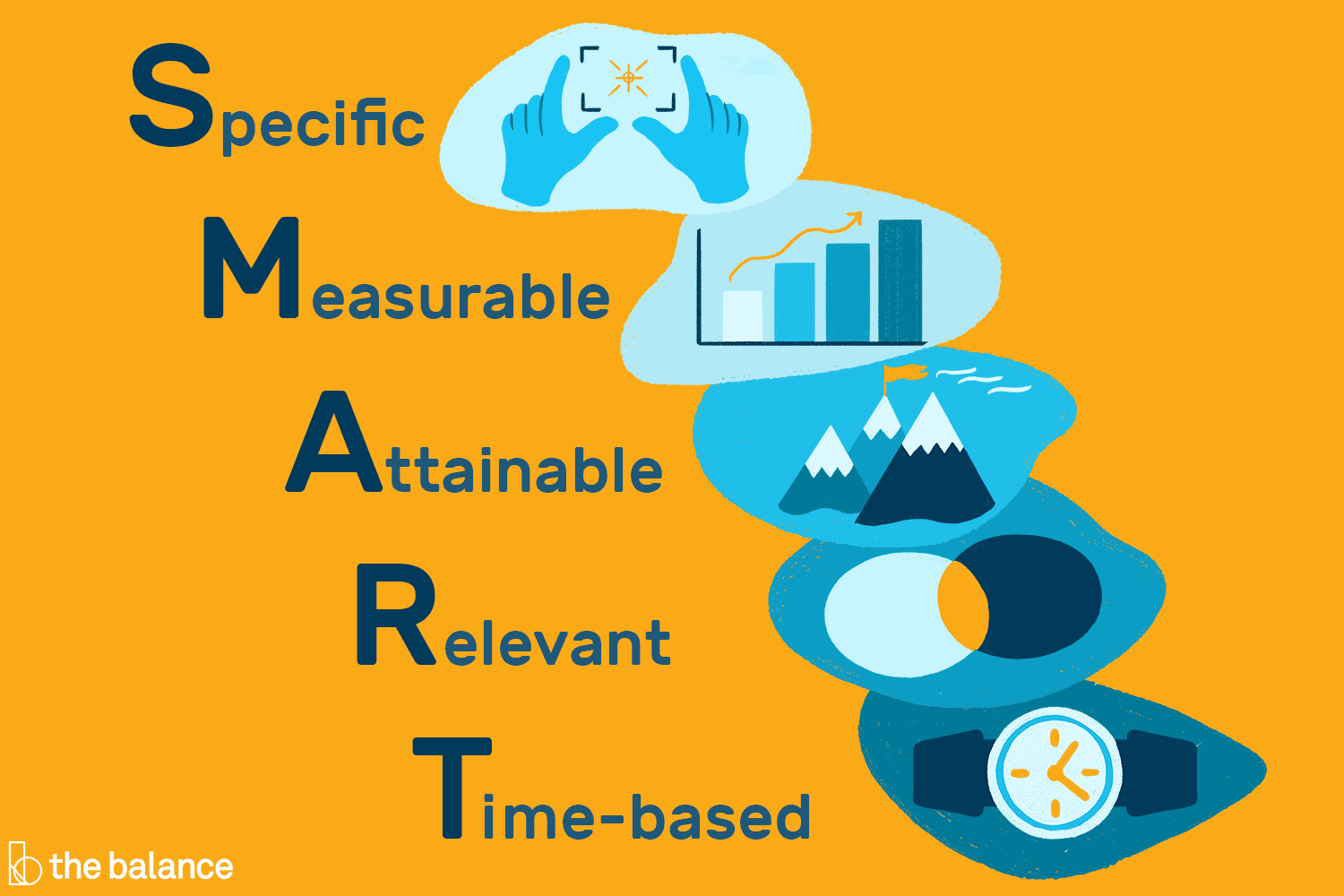Leadership is not merely about being in charge—it’s about nurturing skills, fostering trust, and empowering teams to achieve more. In today’s rapidly evolving business landscape, developing leadership skills is crucial for anyone looking to advance their career or enhance their organizational impact. One effective approach to leadership development that often goes underutilized is forming professional partnerships. These alliances can provide unique insights and opportunities that are hard to find within the confines of a single organization or industry.
The essence of forming professional partnerships lies in the mutual benefits derived from shared knowledge, resources, and networks. For emerging leaders, this can mean accessing mentorship from seasoned executives outside their immediate business environment. Such relationships can offer new perspectives on problem-solving, decision-making, and strategic planning—all vital components of effective leadership.
Moreover, professional partnerships can extend beyond individual relationships to encompass collaborations between organizations. This can take the form of joint ventures, shared projects, or simply the exchange of ideas at industry conferences. By engaging with a diverse array of businesses and sectors, aspiring leaders can gain a broader understanding of the business world, which is invaluable for their growth and development.
In fostering these relationships, it’s crucial for individuals and organizations alike to be open to learning and adapting. For instance, a tech startup might partner with a larger, established company to gain insights into scaling businesses, while the larger company can learn innovative, agile methods of project management from the startup. This symbiotic relationship encourages a continual flow of learning and mutual growth, enhancing leadership capacities on both sides.
Leadership development can also be significantly supported through structured programs offered by external firms, such as hr consultancies. These firms specialize in assessing and developing leadership capabilities through tailored workshops, seminars, and one-on-one coaching sessions. Their expertise not only spans across various industries but also addresses specific leadership competencies that are crucial in today’s complex business environments. Such consultancies often bring a fresh, unbiased perspective that can highlight unseen opportunities and areas for improvement within an organization’s leadership structure.
Participation in industry-specific workshops and seminars is another avenue through which professional partnerships can foster leadership skills. These forums allow leaders to engage in deep dives into industry trends, challenges, and innovations. By stepping out of their day-to-day routines and engaging with peers across the industry, leaders can develop a more comprehensive strategic vision and a stronger capability to anticipate and react to market changes.
Furthermore, digital platforms now play a crucial role in enabling these partnerships. Online forums, webinars, and virtual conferences have made it easier than ever for leaders to connect with peers worldwide. This global network not only enhances a leader’s visibility and influence but also provides a platform for cross-cultural leadership practices and strategies that can be applied in various organizational contexts.
Mentorship, a critical aspect of leadership development, is greatly enriched through professional partnerships. Experienced mentors can provide guidance, feedback, and support that are essential for navigating the complexities of leadership roles. For mentees, this relationship offers a safe space to discuss challenges and explore solutions, making the leadership journey less daunting and more manageable.
Lastly, accountability is a significant benefit of these partnerships. By regularly meeting with a mentor or a peer group, leaders can set career goals and receive the necessary encouragement and critique to progress. This structured approach to accountability helps ensure continuous personal and professional development, keeping leaders motivated and on track.
In conclusion, developing leadership skills through professional partnerships offers a dynamic pathway for growth. These partnerships provide a foundation for learning, innovation, and mutual support, which are essential for any leader aiming to thrive in today’s competitive and complex business environment. By actively seeking and engaging in such relationships, leaders can enhance their skills and significantly boost their career trajectories.




